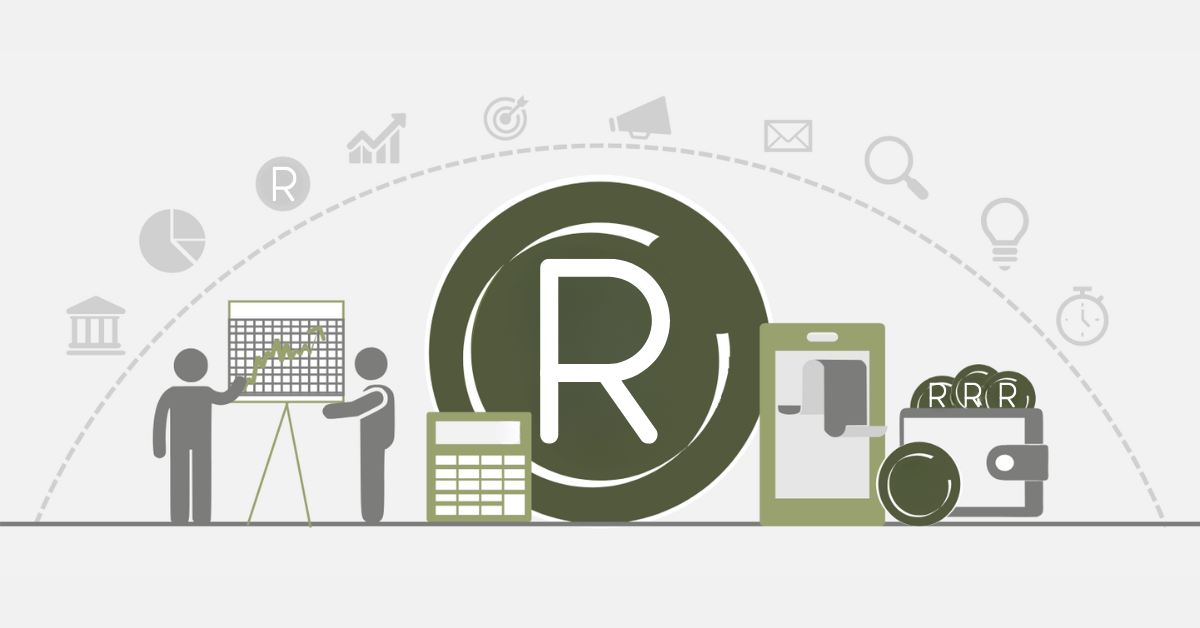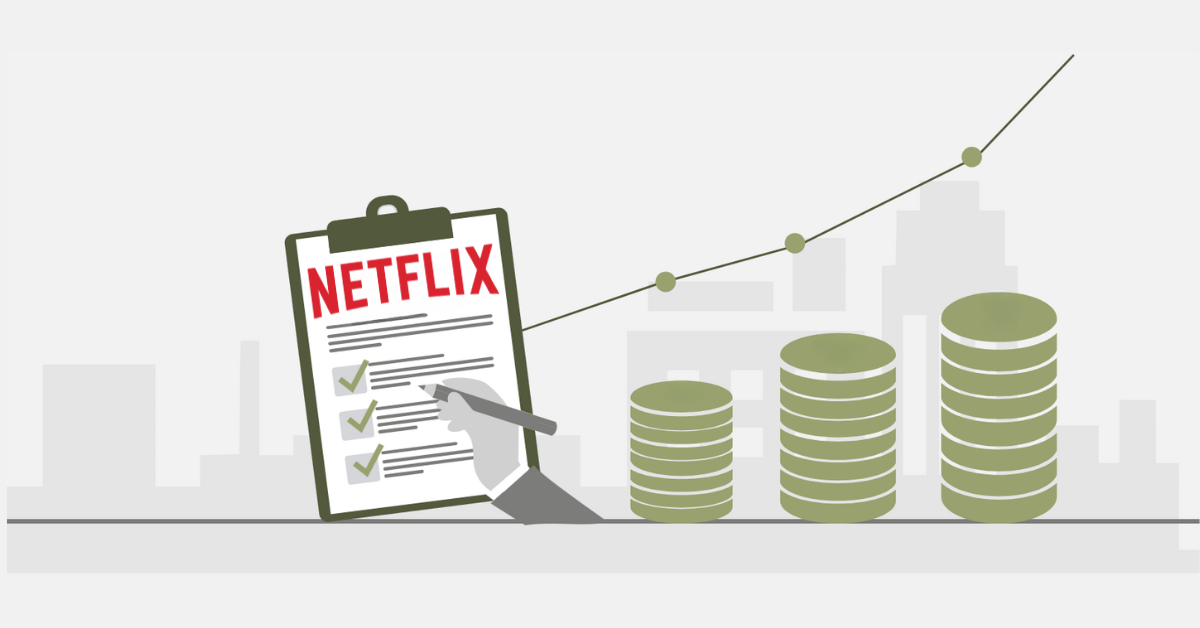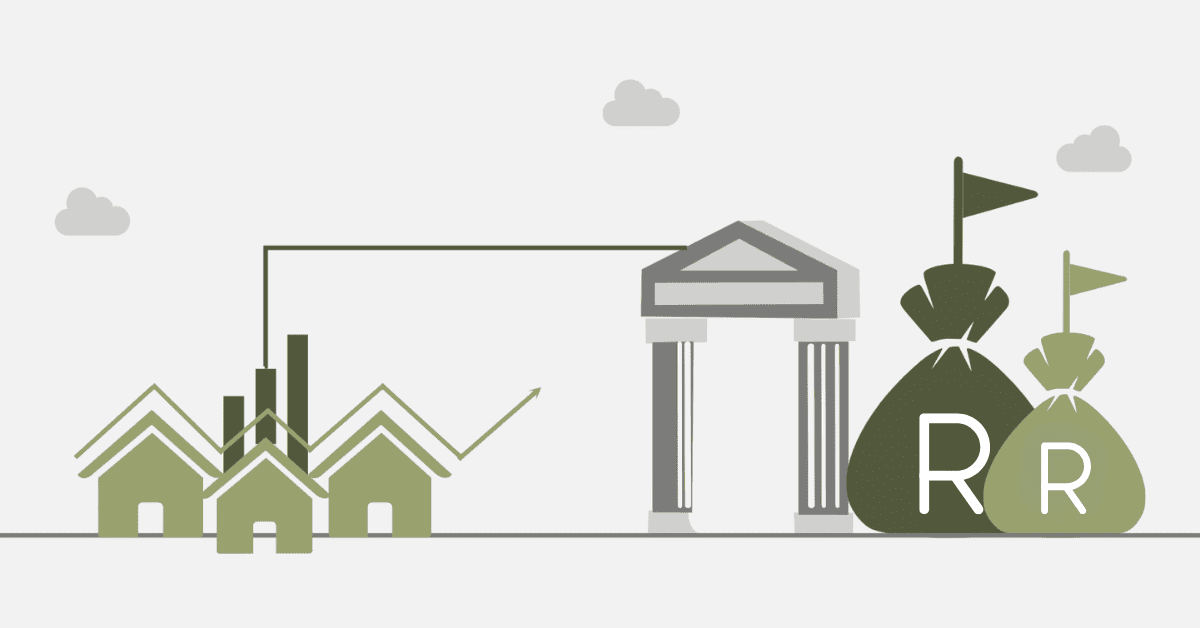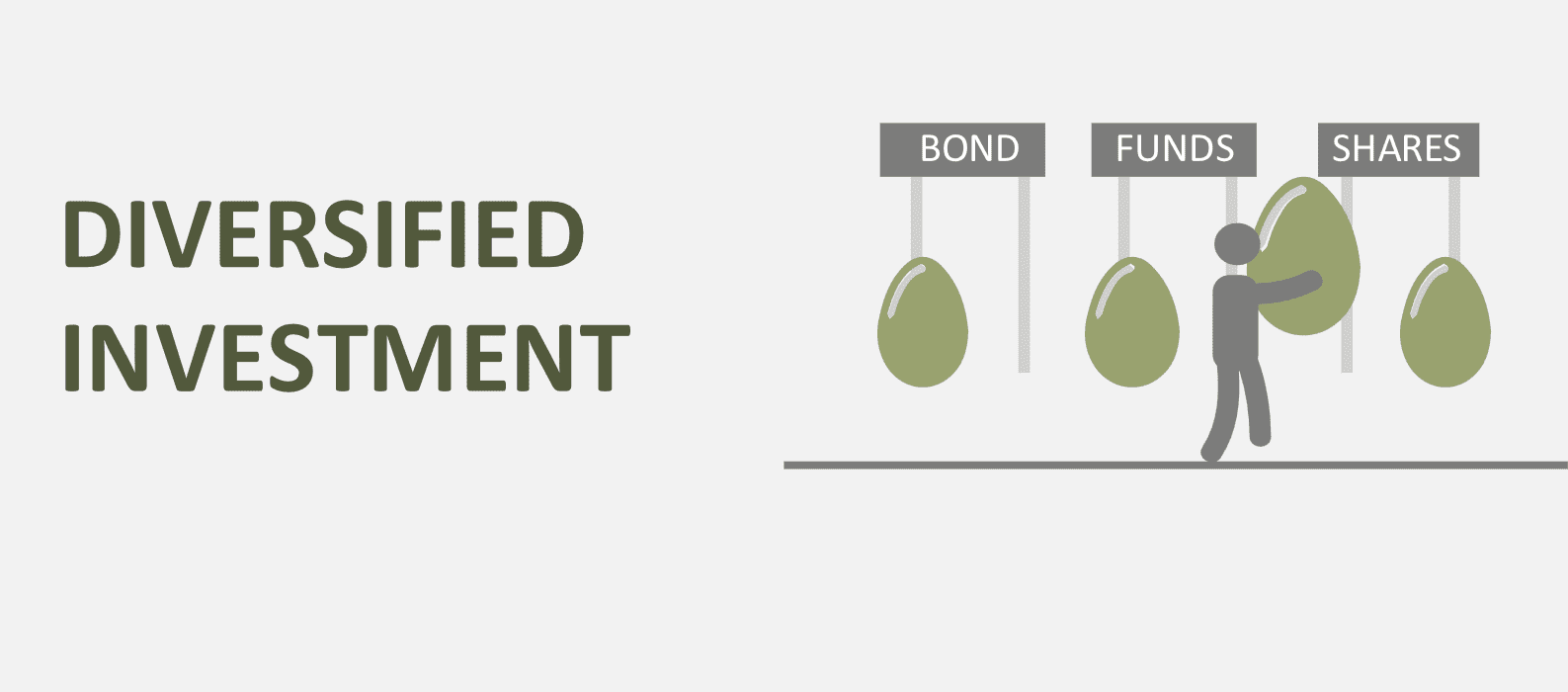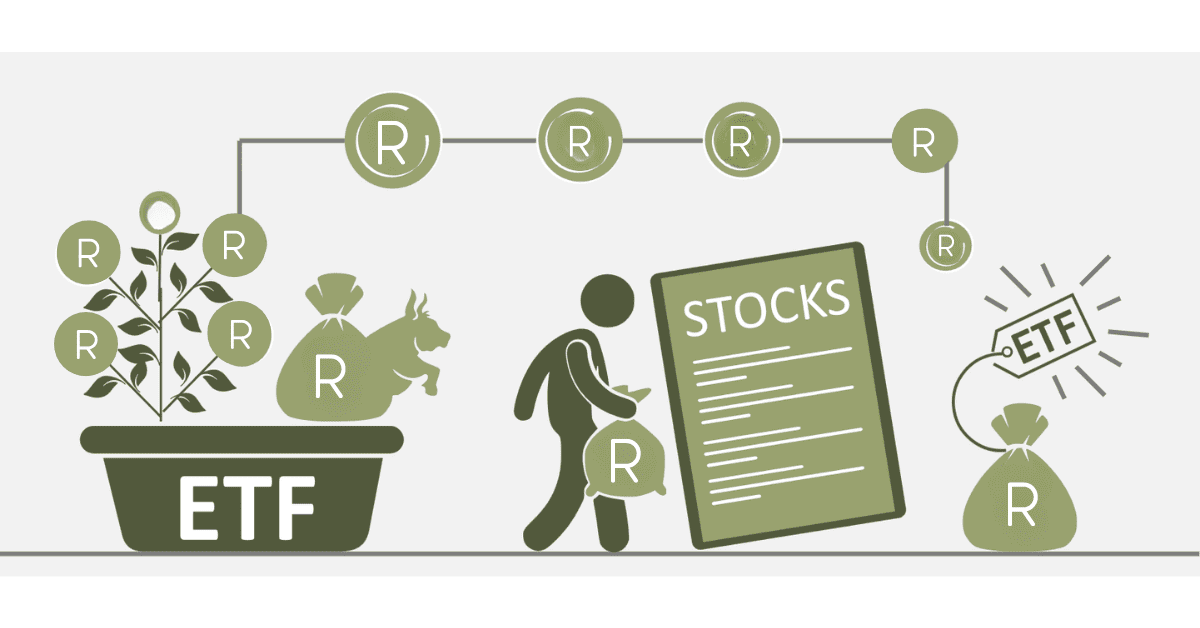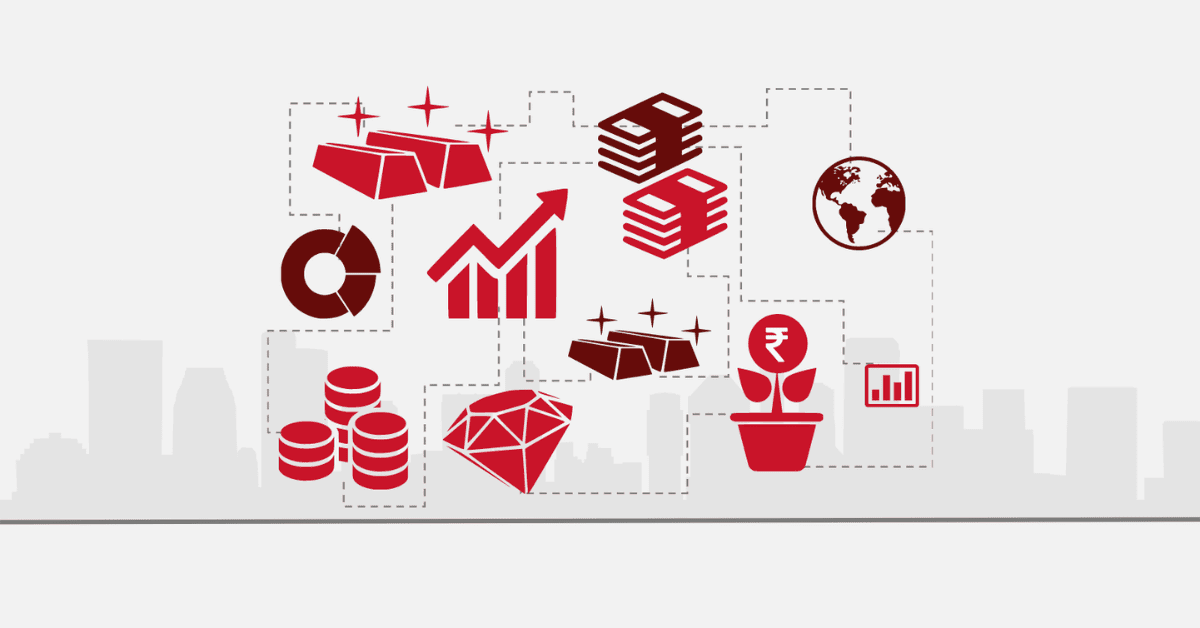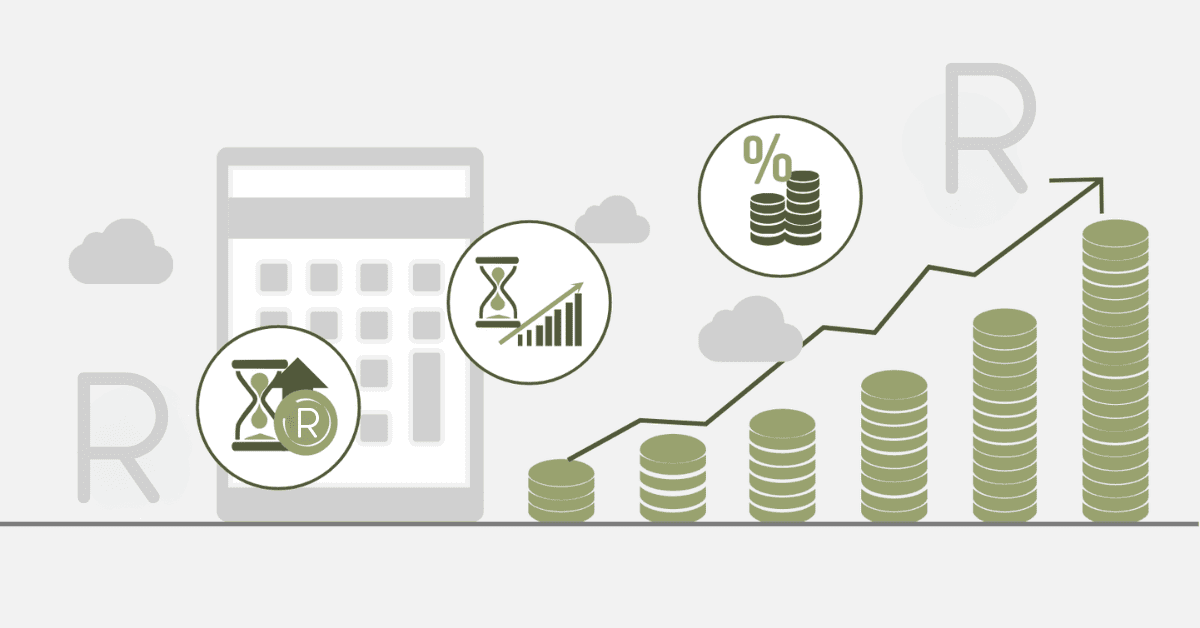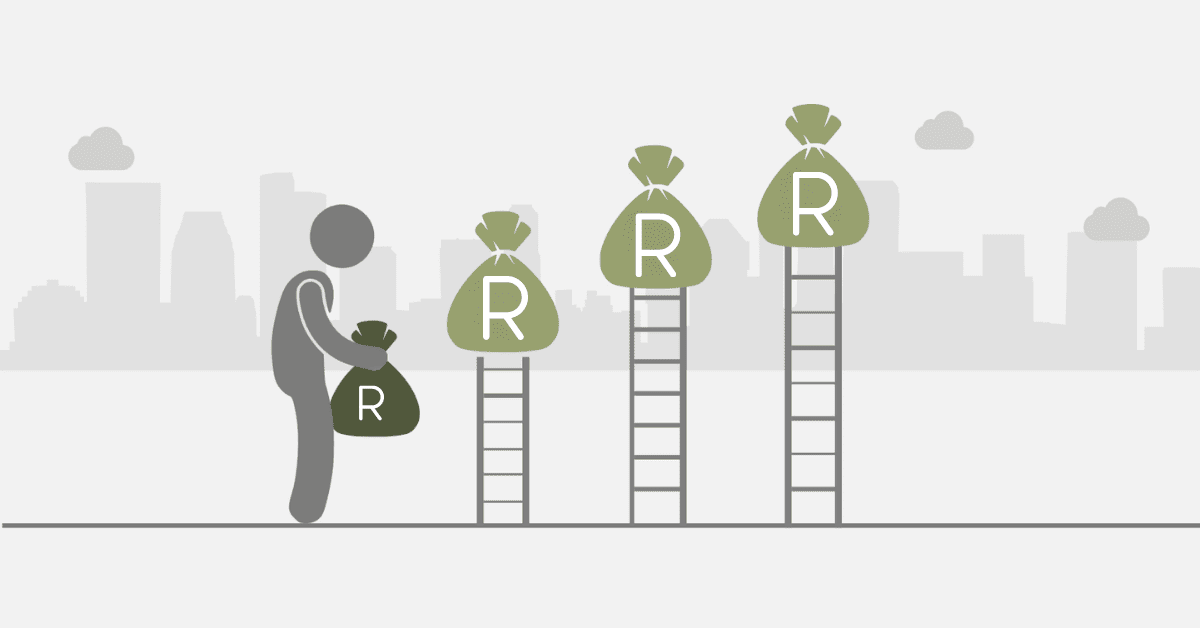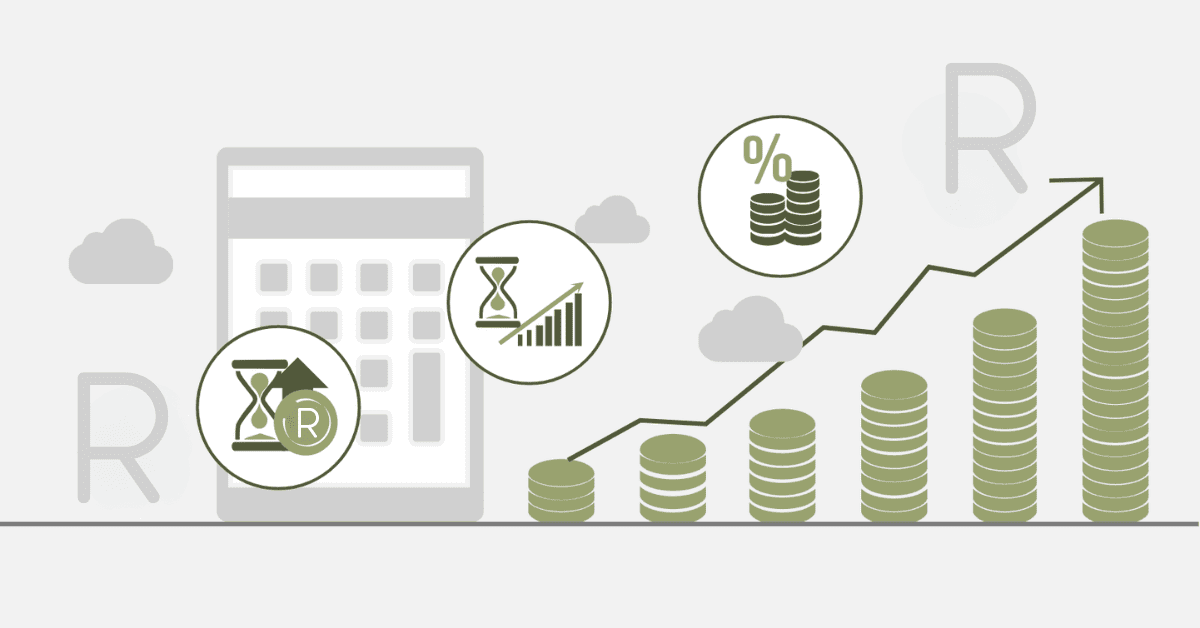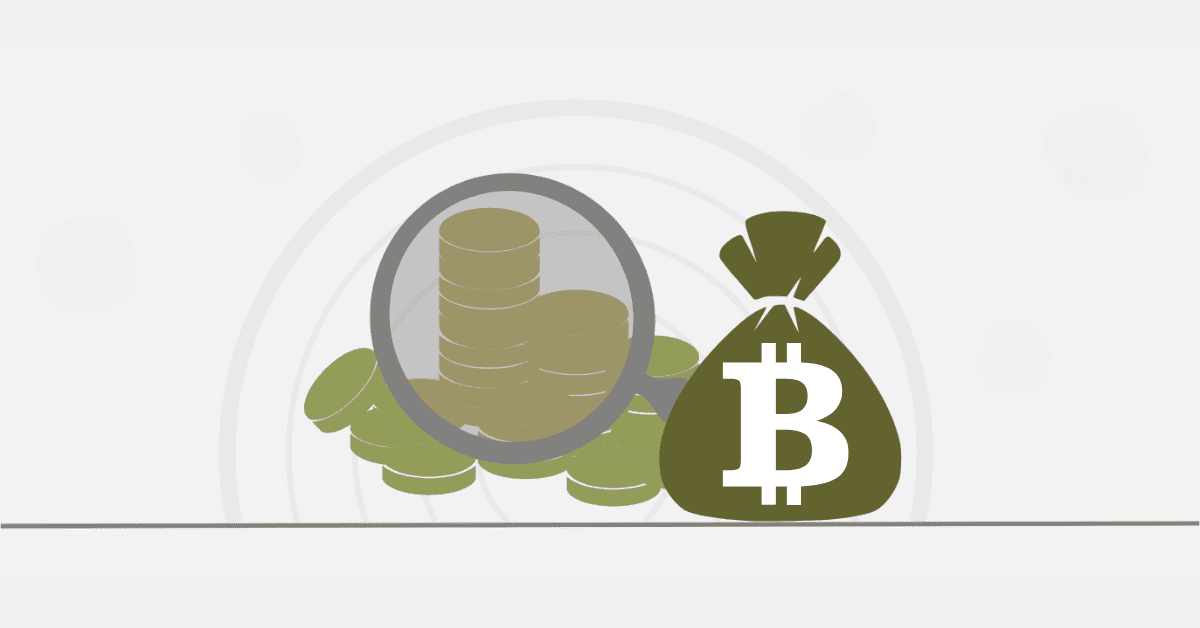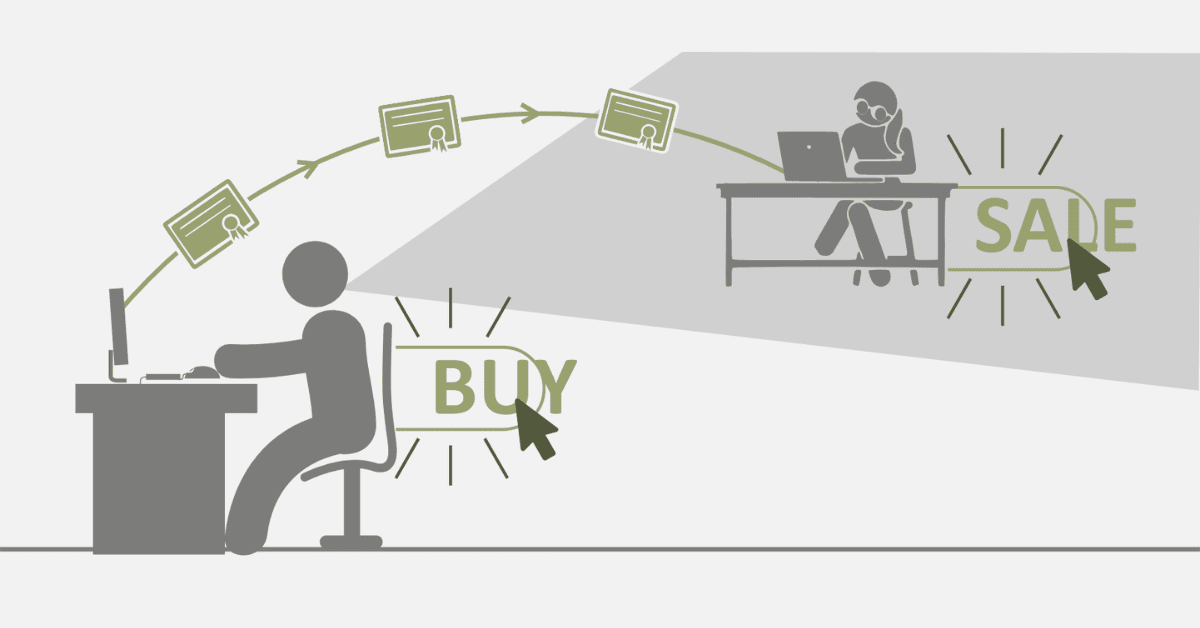Commodity trading remains the pillar of the economy in SA. It’s closely linked with the growth/development of the nation. SA is sparked by a natural resource base with minerals that range from platinum & coal to gold. As a result, the country has emerged as a significant force in the international commodity-related markets. This venture benefits SA by exploiting natural resources for economic development, employment creation, & infrastructural growth. Apart from the exportation of raw material that has been mined, commodity trading
Why Do We Trade Commodities?
The venture has several roles to play in the economy. First and foremost, it ensures efficient resource allocation by bringing the producers and the buyers together so that raw materials go where they are most needed. For producers, it provides a platform where their produce is sold at competitive prices. For the buyers, the much-needed raw materials are accessible to them. Commodity trading also ensures price discovery based on demand and supply factors. This not only stabilizes the markets but also provides transparency. In the context of South Africa, commodity trading has an even more pronounced role because the nation’s natural resource base allows it to take advantage of the demand across the world and add to the significant share of national income.
What is Commodity Trading in SA?
It involves swapping physical commodities such as minerals, agricultural, & assets in the energy industry. The Johannesburg Stock Exchange plays a central role by providing a systematized commodity derivatives exchange involving futures and options. The system covers the producers against value volatility by providing stable revenues regardless of the market’s cost change. For instance, the price-fixing by the firm that mines the precious metal – gold, through the use of futures contracts, offsets the falling price of the precious metal. Commodity trading enterprises in the Republic of South Africa have also been revolutionized, with online businesses introducing local farmers to international buyers, making the market more accessible and profitable. This is the contribution that commodity trading makes to the healthiness of the economy in the Republic of South Africa.
Why Banks Engage in Commodity Trading
Banks deal in commodities for several strategic purposes. First, it diversifies their investments, distributing the danger across different assets. Second, commodity dealing generates opportunities for the banks’ profit through speculation, arbitrage, and market-making business. In the case of South Africa, the commodity dealing by banks also had to do with financing the needs of the mining and agricultural sectors. Banks benefit the former by offering hedging products and commodity-based monetary derivatives. This makes the former hedge against value volatility-related dangers. This interplay enhances the stability of the commodity markets & the fiscal system. It further boosts the resilience of the economy as a whole.
What Does the Commodity Exchange Do?
A commodity exchange is an institution that deals in commodities under standard contracts where the commodities are bought and sold. Its primary role is to ensure transparent and efficient trading with fair price mechanisms through the interaction of demand and supply. On the JSE in South Africa, the commodity derivatives market enables hedging against price risk and speculation based on market expectations. In offering an organized market, the exchange ensures market integrity, counterparty risk, and investor confidence grows. The provision of the system guarantees the proper operation of commodity markets for economic stability and growth.
What Do Commodity Traders Do?
South African commodity traders perform different functions based on the nature of the business that they deal in. Physical traders buy, move, and sell physical commodities, including minerals and farm produce. Physical traders negotiate the price, arrange the transportation, and ensure the goods meet the regulation standards. The financial traders sell commodity derivatives, betting on the price volatility to make a profit or hedge against the volatility to cover the risk. The traders, both the physical and the financial, track the market trends, demand, and supply. This further includes the geopolitical factors that could impact commodity prices.
What Does it Take to be a Commodity-based Trader?
You need the correct skill set, experience, & education. There isn’t a qualification, but a finance, economics, or business degree points you in the right direction. Experience in commodity trading is the most beneficial as it sharpens decision-making and analytical skill sets. Familiarization with the regulations also helps with compliance in commodity markets. Professional certifications or specialist programs add value and show that you possess the skill set needed. Relationship building and networking with the industry players also lay the ground for a successful commodity trading career.
Closing Thoughts
Commodity trading forms part of the economic life in the nation, considering the gift the country has been blessed with and where the nation stands in the international marketplaces. Besides generating national revenues, the industry supports other sectors through investments and hedging. Banks, exchanges, and traders all serve various roles in making commodity markets possible and stable. Remaining ahead with technology innovation and international changing dynamics, staying on top and responsive becomes essential to all parties involved in the industry. Understanding how commodity trading functions in the nation provides more insight into dominant economic forces at work.
